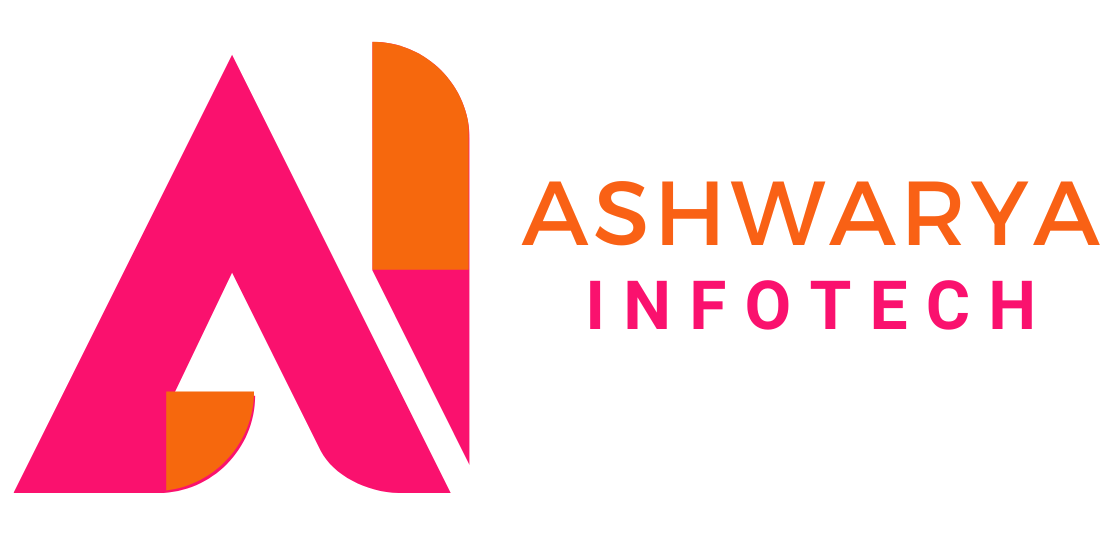WORKSPACE POLICY

Workplace policies in a digital marketing company typically cover various aspects to ensure smooth operations, compliance, and a conducive environment for creativity and productivity. Here are some key elements often found in such policies:
Code of Conduct
Data Privacy and Security
- Defines expected behavior, professionalism, and ethical standards employees must adhere to when interacting with clients, colleagues, and the public.
- Includes guidelines for handling conflicts of interest, accepting gifts or favors, and maintaining a respectful workplace free from harassment or discrimination.
- Guidelines on handling client data, ensuring compliance with regulations (e.g., GDPR), and safeguarding sensitive information.
- Policies for data storage, backup, and retrieval, as well as procedures for responding to data breaches or unauthorized access.
Remote Work and Flexibility
Technology Usage
- Policies around remote work arrangements, flexible hours, and the use of digital tools to facilitate communication and collaboration.
- Includes guidelines for setting up a suitable home office, maintaining productivity, and ensuring work-life balance.
- Rules regarding the use of company-provided devices, software, and platforms, including guidelines for personal device use and cybersecurity practices.
- Policies for software licensing, version control, and collaboration tools to ensure efficient teamwork and project management.
Social Media Guidelines
Intellectual Property
- Protocols for employees engaging in social media on behalf of the company, including brand representation, confidentiality, and professionalism.
- Guidelines for personal use of social media and its potential impact on the company’s reputation.
- Protection of company assets, including copyrights, trademarks, and proprietary information, and guidelines for employees’ creations developed during employment.
- Policies for collaborating with external partners or freelancers and ensuring proper attribution and ownership of intellectual property.
Performance Evaluation and Metrics
Professional Development
- How employee performance is measured, including key performance indicators (KPIs), feedback mechanisms, and performance review processes.
- Policies for goal setting, continuous feedback, and recognition programs to foster a culture of growth and achievement.
- Opportunities for training, skill development, and career advancement within the digital marketing field.
- Policies for attending conferences, workshops, or online courses to stay updated with industry trends and best practices.
Health and Safety
Diversity and Inclusion
- Policies ensuring a safe workplace, including ergonomics, health initiatives, and protocols for emergencies or health crises.
- Guidelines for reporting accidents, injuries, unsafe conditions, and procedures for providing first aid or medical assistance.
- Commitment to promoting diversity, equity, and inclusion within the workplace, including recruitment practices and anti-discrimination policies.
- Policies for fostering a culture of respect, open communication, and equal opportunities for all employees.
Communication Protocols
Client Relations
- Guidelines for internal communication channels, email etiquette, and use of project management tools to streamline workflows.
- Policies for effective collaboration, information sharing, and decision-making processes across teams and departments.
- Protocols for client interactions, expectations, and maintaining professional relationships to ensure client satisfaction and retention.
- Guidelines for handling client complaints, and feedback, and resolving conflicts in a timely and professional manner.
These policies are typically detailed in an employee handbook or available through the company’s intranet, providing clear guidance and ensuring consistency in operations across the organization. By addressing these key areas, digital marketing companies can create a positive, productive, and compliant work environment that supports their business goals and employee well-being.

